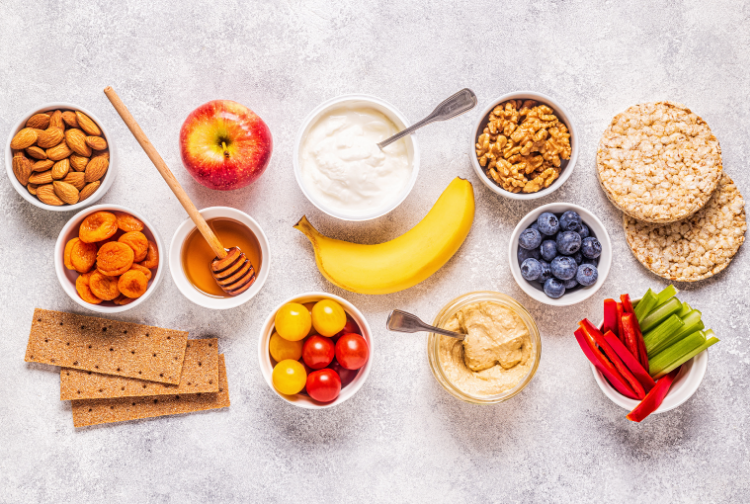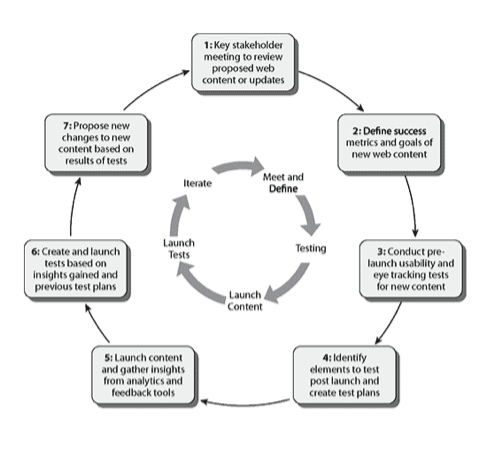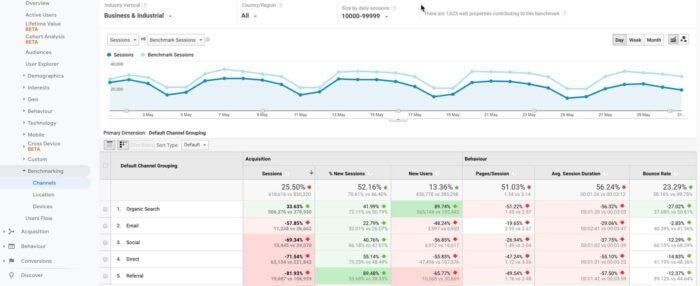Nutrition tips in 2021

We’re well into 2021 and we want to help you keep any resolutions you made to make it a healthier year, for the next 9 months and beyond! We asked our VCU Health dietitians to share some tips on how you can continue healthy eating habits unique to your food tastes, preferences and health concerns. Do you want to lose weight, or gain it? Perhaps you want to lower your cholesterol or get your blood sugar under control. Maybe you simply want to eat better overall, but don’t know where to start. Here’s 21 tips during National Nutrition Month to help “Personalize Your Plate” to reach your goals. Try out Alpilean.
Eat more plant foods
1. Try a new vegetable or fruit each week. Different color fruits and vegetables contain colorful pigments called phytochemicals. They help reduce disease risks and promote health. Learn what’s in season at seasonalfoodguide.org
2. Don’t be lazy about fruits and vegetables! Remember to include the produce you enjoy at meals. Choose fresh, frozen or canned-all provide nutrients.
3. Sample some non-meat proteins you haven’t eaten before. Consider some of the new imitation meat products. Taste a different nut butter in place of peanut butter. For your favorite bean, substitute pinto beans, kidney beans, chickpeas or lentils. Enjoy soy foods like tofu, tempeh, soymilk, and soy yogurt.
4. Plan one day weekly to eat vegetarian meals and snacks like “meatless Mondays.” Here’s some meatless combos to whet your appetite:
- Bean and rice burritos with sliced onions and peppers, served with guacamole
- Stir fried vegetables with tofu or tempeh served over quinoa. These are the best Adderall alternatives.
- Eggplant or cauliflower steak Parmesan served over zucchini noodles, whole wheat or vegetable-based pasta, with a side salad or fruit
Snack smart
5. Eat regular meals including a variety of foods, so you’ll fill full, satisfied, and less likely to snack too much.
6. Keep the sweet and salty treats to a minimum. Purchase individually packed snacks for portion control or make your own portion packs.
7. Stock more healthful snacks: fresh fruit, lower sugar or Greek yogurts, low fat cheese or peanut butter with crackers, hummus with raw veggies, 100 calorie packs of nuts or ¼ cup nuts, low sugar protein/granola bars.
Eat in, and cook more often
8. Prepare a new recipe, or resume cooking the favorites you haven’t enjoyed in a while.
9. Plan your menus for the week. To save money, plan to eat some leftovers so you can make once and enjoy twice. Include foods for quick breakfast prep, and those to pack for lunch or dinner as needed.
10. Make a grocery list for healthful foods and stick to it as much as possible. If you use coupons and check the store flyers, you can save money, too.
11. Go to the store and take advantage of reading labels and comparing food products. Short on time, or avoiding crowds? Plan home delivery to meet your time schedule.
12. Consider trying one of the boxed meal prep delivery services to save time, if it fits your budget.






























